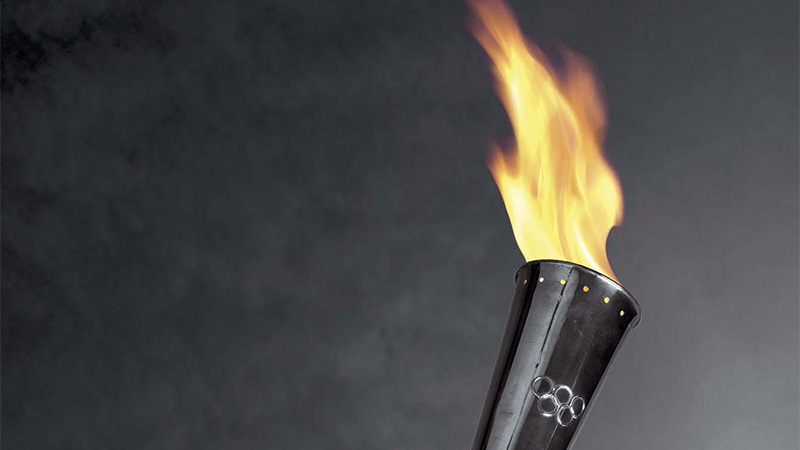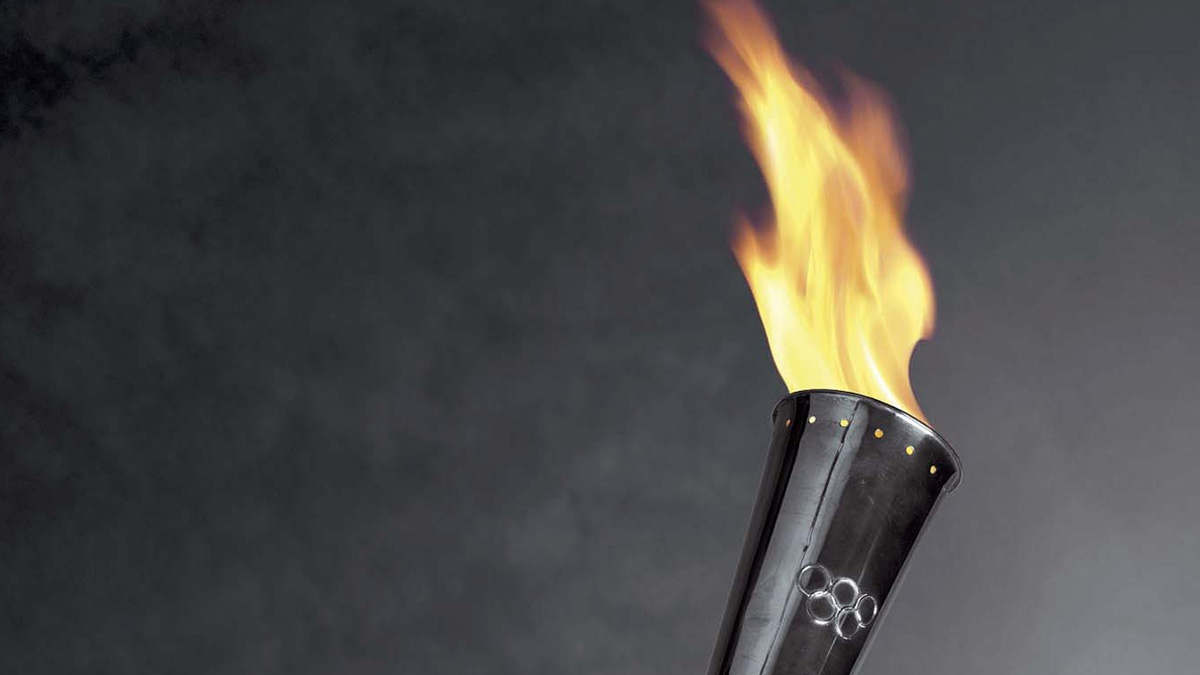Sports fans are enjoying their long-awaited reward now that the 2018 Winter Olympics have gotten underway in Pyeongchang, South Korea. The events and the participating athletes are, of course, at the centre of the Olympics, but there is a large machine running in the background to make the games possible. Organising the Olympics involves many legal issues from an exceptionally wide range of fields of law.
Rule 40 Guidelines for Commercial Advertising During the Olympics

Related services

One of the Most Expensive Sports Brands on the Planet
In practice, the Olympics are known in every corner of the globe, and the games currently boast an audience of over a billion counting both on-site spectators and home viewers. This makes the Olympic movement one of the world’s most expensive sports brands, and the trademarks and other intellectual property rights associated with the Olympics are the property of the International Olympic Committee (IOC) and its national member organisations. Due to the recognition of the brand, these IP rights represent significant financial interests, and managing them is an important part of safeguarding the reputation and continuity of the Olympics.
Rule 40 Guidelines for Commercial Exploitation
One key tool that the IOC uses to protect its financial interests relating to IPRs are the Rule 40 guidelines. These guidelines include rules for the competitors, coaches and other team members participating in the Olympics concerning commercial advertising during the games. The IOC uses the rules to grant its main sponsors exclusive rights to use the brand and trademarks of the Olympic movement in their marketing and during the games in return for the sponsors’ support, which makes the activities of the Olympic movement and the organising of the games possible.
Under the Rule 40 guidelines, teams or team members participating in the Olympics cannot allow their person, name, image or athletic performance to be used for advertising purposes during the games. In addition to restricting the use of trademarks, the guidelines also include marketing restrictions for commercial actors that are not partners of the Olympic movement. Athletes’ personal sponsors typically fall into this category.
Commercial actors are prohibited, among other things, from using Olympics participants in new marketing campaigns timed in such a way that could give the false impression of commercial cooperation between the marketer and the Olympics. References to the role or success of participants in the current or past games are also prohibited during the games.
Athletes and other team members participating in the games or their sponsors can apply for exceptional permission for marketing during the Olympics using the participant’s person, name, image or performance. Either the IOC or a national Olympic committee will handle the application depending on whether the marketing would be international or limited to a single country.
Clamping Down on Ambush Marketing
The Rule 40 Guidelines also prohibit commercial actors from using certain terms referring to the Olympics in marketing during the games if the terms are linked to the name or image of a person participating in the games. The list of prohibited words includes some general words, such as gold, medal or victory.
Restricting the use of these words is an attempt to prevent ambush marketing, which seeks to unjustly benefit from the reputation of the Olympics and the related financial interests without directly infringing the Olympic movement’s trademarks or other IPRs. Ambush marketing creates a false impression of cooperation between the commercial actor and the Olympic movement without actually using any marks owned by the movement. Listing prohibited terms reigns in the creation of such false impressions.
Ambush marketing is a particularly harmful phenomenon for the Olympic movement, because over 40% of the income of the Olympics is from the support of the movement’s commercial partners. Furthermore, partners provide the games with vital technical services and product support.
Ambush marketing reduces the value of the benefit the main sponsors receive in exchange for their important support. It is vital to the continuity of this support that the financial benefit of the Olympics is channelled to the organisers and financiers of the games. The Rule 40 guidelines ensure that this is the case and help secure the continuation of the Olympic tradition.
Castrén & Snellman is an official partner of the Finnish Olympic Committee and is supporting the Finnish Olympic team.
Pia Ek
Antti Markkanen









